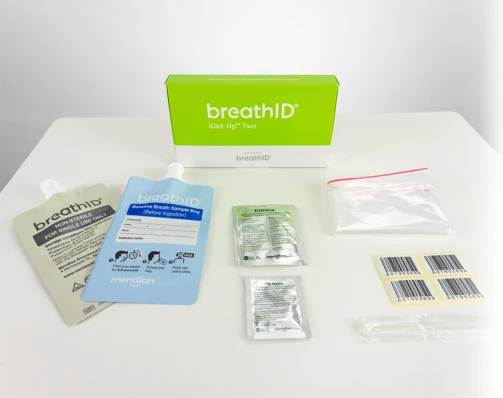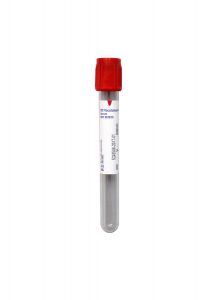Clinical Updates
New Test: CC-SIGN® Targeted Oncology Panel (TOP) by Next-Generation Sequencing
A new, enhanced 59-gene hotspot Next-Generation Sequencing (NGS) panel is available for tumor DNA and RNA evaluation.
The Targeted Oncology Panel (TOP) is a custom 59-gene Next-Generation Sequencing (NGS) panel developed for the identification of single nucleotide variants (SNVs), small insertions and deletions (indels), and copy number gains (CNVs) from DNA specimens, and fusion transcripts and aberrant transcripts from RNA specimens.
The workflow allows for the concurrent testing of DNA and RNA to analyze over 1,000 biomarkers.
Targeted Oncology Panel by NGS
Order Codes
TOPTO (FFPE Tissue)
TOPCY (Cytology Alcohol or Formalin fixed cell block)
TOPBM (Bone Marrow Aspirate)
TOPPB (Peripheral Blood)
This test requires 5-10% tumor purity and does not evaluate circulating tumor DNA.
CPT Code
81445
Methodology
Next-Generation Sequencing
Specimen Type
FFPE Tissue
• 15 charged, unbaked, and unstained slides sectioned at 7 μm.
• One pre and one post H&E slide with tumor area circled, and percent rumor indicated.
Cytology
• 15 charged, unbaked and unstained slides sectioned at 7 μm.
• One H&E slide with tumor percent indicated.
Bone Marrow Aspirate
• 2 mL, Lavender K2EDTA Tube
Peripheral Blood
• 4 mL, Lavender K2EDTA Tube
Days Performed
2–3 times per week
Turnaround Time
8 days
Overview
Single nucleotide variants (SNVs), small insertions and deletions (indels), copy number gains, select fusions, and aberrant transcripts evaluated by this assay can aid in the diagnostic and therapeutic assessment of a variety of tumor types, including non-small cell lung cancer, melanoma, colorectal cancer, prostate cancer, breast cancer, glioblastoma, thyroid cancer, and others.
This panel can also provide focused tumor profiling for patients with locally advanced/metastatic disease, who are candidates for anti-cancer therapy, to identify uncommon but targetable alterations. In particular, this panel can be utilized for small biopsies and cytology specimens that may not be amenable to more comprehensive genomic sequencing.
Targeted Genes & RNA Fusions
For a full list of targeted genes & RNA fusions, please refer to the Targeted Oncology Panel by Next-Generation Sequencing Technical Brief.
How to Order
Place an order through an electronic interface or complete a Molecular Oncology & Associated Biomarkers Requisition and submit it with the specimen(s).
Hot Spot Panel Discontinuation
The TOP NGS panel will replace solid tumor hotspot mini-panels (Lung, Colorectal, Melanoma, GIST, etc.), as all previously detected biomarkers are included in the new testing.
In situations where the mini-panels were previously used as part of an upfront diagnostic workup, pathologist diagnostic and reflex ordering will utilize TOP testing.


